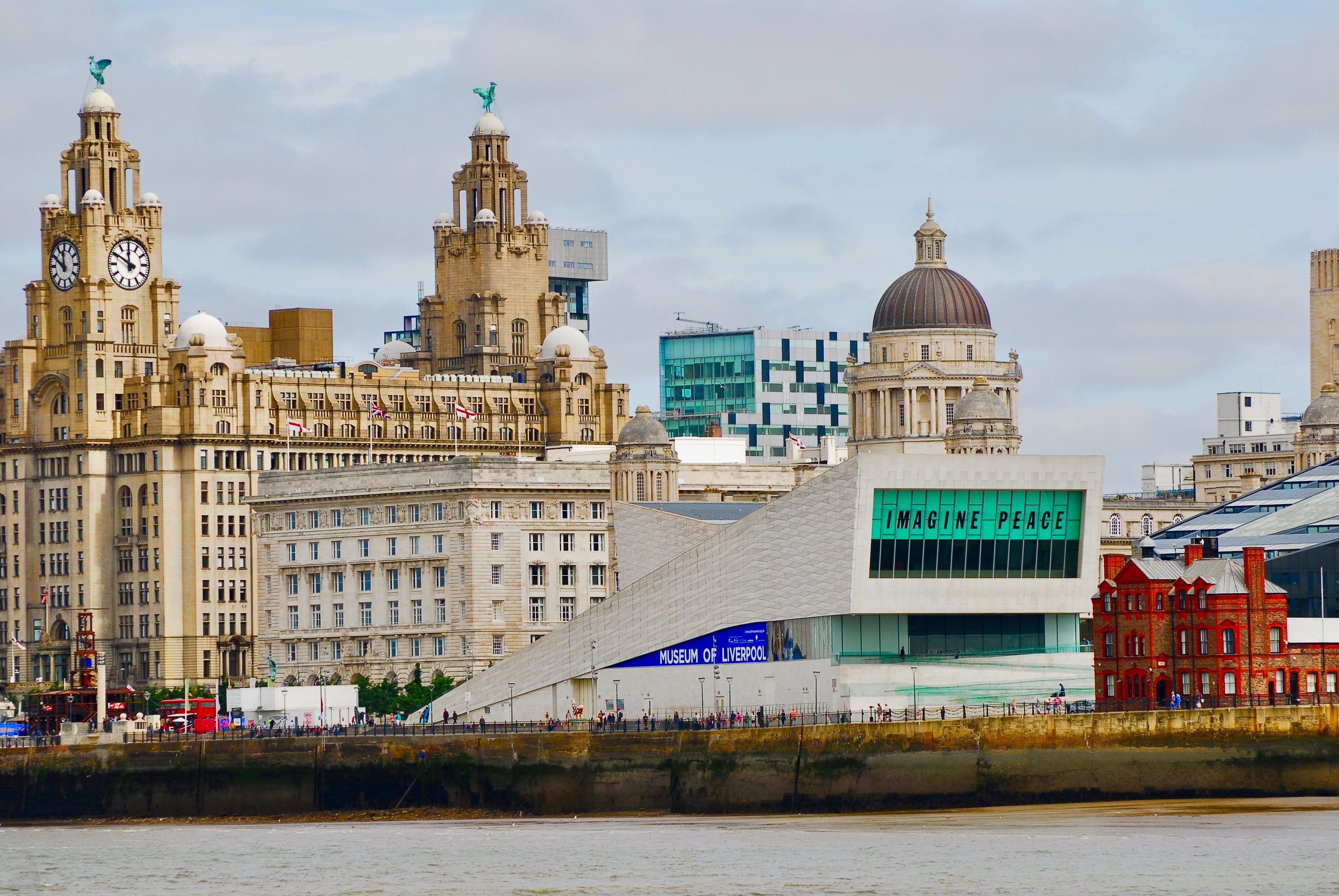About Liverpool
Originally a small fishing village, Liverpool began to flourish in the late 17th century as it developed into a prominent trading port — the city’s strategic location on the River Mersey made it a hub for trade with the Americas and West Indies. As the 18th century unfolded, Liverpool emerged as one of the world's foremost ports. The 19th century marked a turning point for the city, as it became a central player in the Industrial Revolution. Liverpool's factories, shipping enterprises, and commercial activities thrived, attracting a surge of people seeking employment in its docks and manufacturing sector. The city's population skyrocketed, reflecting its newfound importance on the global stage. Trade continued to grow, solidifying Liverpool's maritime significance. An important milestone in its development was the construction of the iconic Albert Dock in the mid-19th century. This monumental structure not only expanded Liverpool's capacity for trade but also cemented its reputation as a powerhouse in global commerce. In more recent times, Liverpool has undergone a remarkable transformation. In 2008, it earned the prestigious award of European Capital of Culture, leading to significant investment and revitalisation projects. The city has embraced its cultural heritage, celebrating its musical legacy, including The Beatles, and showcasing its world-class museums, art galleries, and theaters. Today, Liverpool is a vibrant and dynamic city, known for its diverse communities, thriving music and arts scene, and passionate football culture. Its waterfront, designated as a UNESCO World Heritage site, continues to be a hub of activity, attracting visitors from around the globe.
 Conor Samuel/CC0/Unsplash
Conor Samuel/CC0/Unsplash